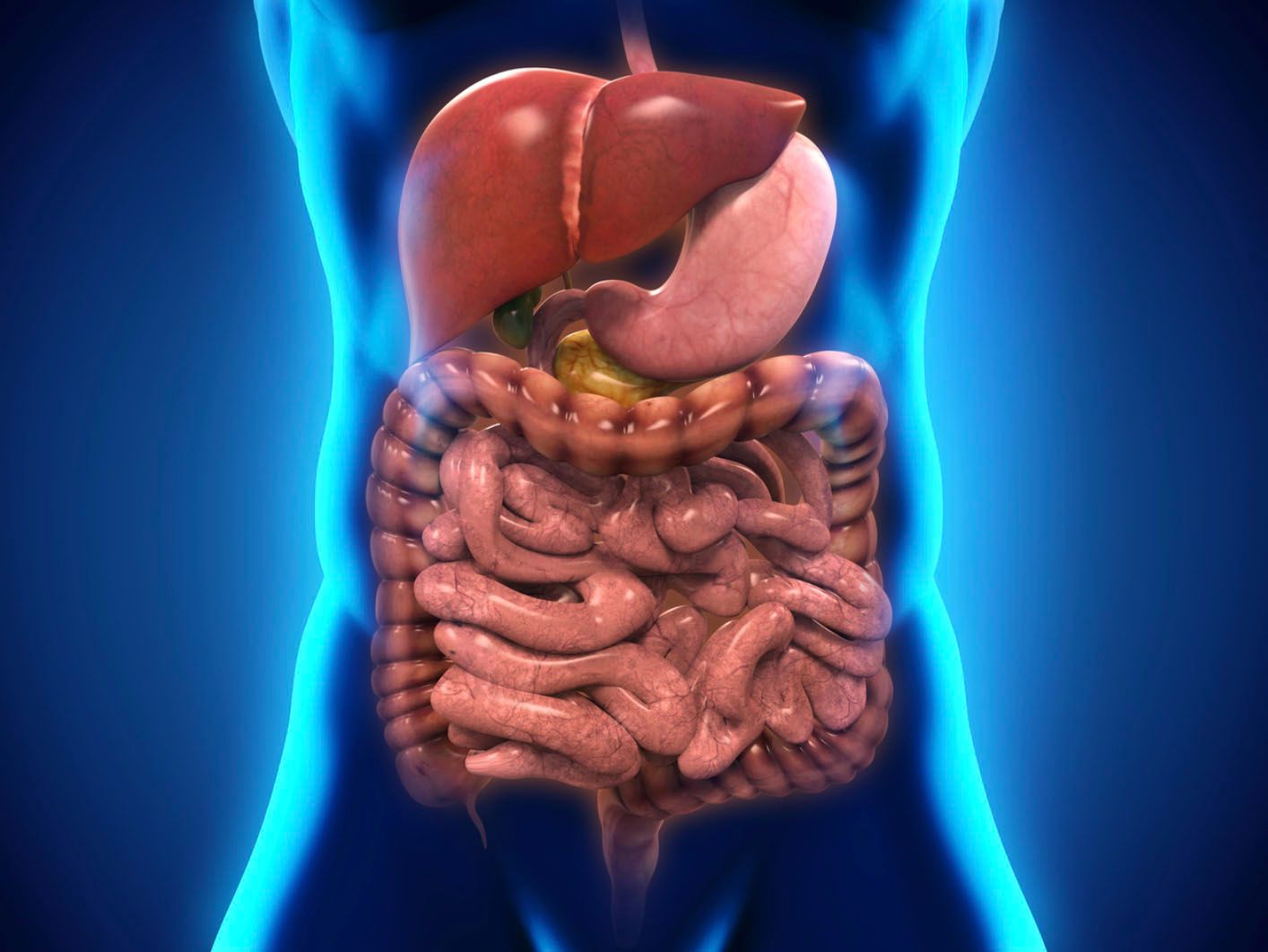About the Phase 1 Study of PT886
Trial Name: A Phase I, First-in-Human, Open-Label, Dose Escalation and Expansion Study of PT886 in Adult Patients With Advanced Gastric, Gastroesophageal Junction and Pancreatic Adenocarcinomas
ClinicalTrials.gov Identifier: NCT05482893
Sponsor: Phanes Therapeutics
Recruitment Contact: Phanes Therapeutics, 858-766-0852, clinical-trials@phanestx.com
Completion Date: April 2024
The first patient has been dosed in the phase 1 clinical study (NCT05482893) of PT886, a first-in-class native IgG-like bispecific antibody (bsAb) targeting claudin 18.2 and CD47 for the treatment of gastric, gastroesophageal junction and pancreatic adenocarcinomas, according to Phanes Therapeutics, Inc.1
PT886 is a novel bispecific antibody which targets claudin 18.2 and CD47 that are overexpressed on the surface of tumor cells. The agent is expected to induce tumor neoantigens through channeling tumor cells into phagocytotic antigen presenting cells.
Researchers also expect the agent to stimulate the adaptive immune system by activating T cell killing of claudin 18.2-low or -negative tumor cells indirectly through recognition of tumor neoantigens. Further, the anti-CD47 arm of PT886 is highly differentiated and has shown minimal binding to human red blood cells as it maintains a strong binding activity to CD47 on tumor cells.
"PT886 targets a validated tumor associated antigen in claudin 18.2 with enhanced anti-tumor activity and broadened tumor killing spectrum through a best-in-class anti-CD47 arm. It is a product of Phanes' ingenious innovation in creative design of both novel therapeutic approaches and practical technologies," said Ming Wang, MD, founder, and chief executive officer of Phanes Therapeutics, in a press release.
In the multi-center, open-label, phase 1 clinical trial evaluating PT886, investigators are assessing the safety, tolerability, pharmacokinetics, pharmacodynamics, and preliminary efficacy of PT886. Patients enrolled in the trial are those with a histologically or cytologically confirmed diagnosis of locally advanced or metastatic gastric, gastroesophageal junction and pancreatic cancers that have progressed after all available standard therapy or for which standard therapy has shown to be ineffective, intolerable, or inappropriate.1,2
Patients aged 18 years and older who have measurable disease, including at least 1 lesion amenable to response assessment per RECIST 1.1 criteria, adequate organ function, and an ECOG performance status of 0 to 1 are eligible for enrollment in the study. Additionally, patients must have resolved from all their acute adverse events that emerged from prior cancer therapies to grade ≤ 1 or baseline, except alopecia or neuropathy.2
A standard 3+3 dose-escalation design will be utilized in the study where the starting dose of PT886 monotherapy 0.1 mg/kg weekly will be evaluated. Other provisional dose levels include: 0.3 mg/kg weekly, 1 mg/kg weekly, 3 mg/kg weekly, and 6 mg/kg weekly.
In the dose-expansion portion of the trial, 2 doses, likely the maximum tolerated dose (MTD) and a lower dose, or 2 lower doses, from the escalation phase will be evaluated.
The primary end points of the study are to determine the dose-limiting toxicities, MTD, and recommended phase 2 dose of PT886. The secondary end point being evaluated is preliminary efficacy, assessed by objective response rate.
With an estimated study completion date of April 2024, patients are actively being recruited in Texas.
REFERENCES:
Phanes Therapeutics announces first patient dosed in phase 1 study of PT886 for advanced gastric, gastroesophageal junction and pancreatic adenocarcinomas. News release. Phanes Therapeutics. March 20, 2023. Accessed March 24, 2023. https://prn.to/3ZlDun6
PT886 for treatment of patients with advanced gastric, gastroesophageal junction and pancreatic adenocarcinoma. ClinicalTrials.gov. Updated December 2, 2022. Accessed March 24, 2023. https://www.clinicaltrials.gov/ct2/show/NCT05482893
